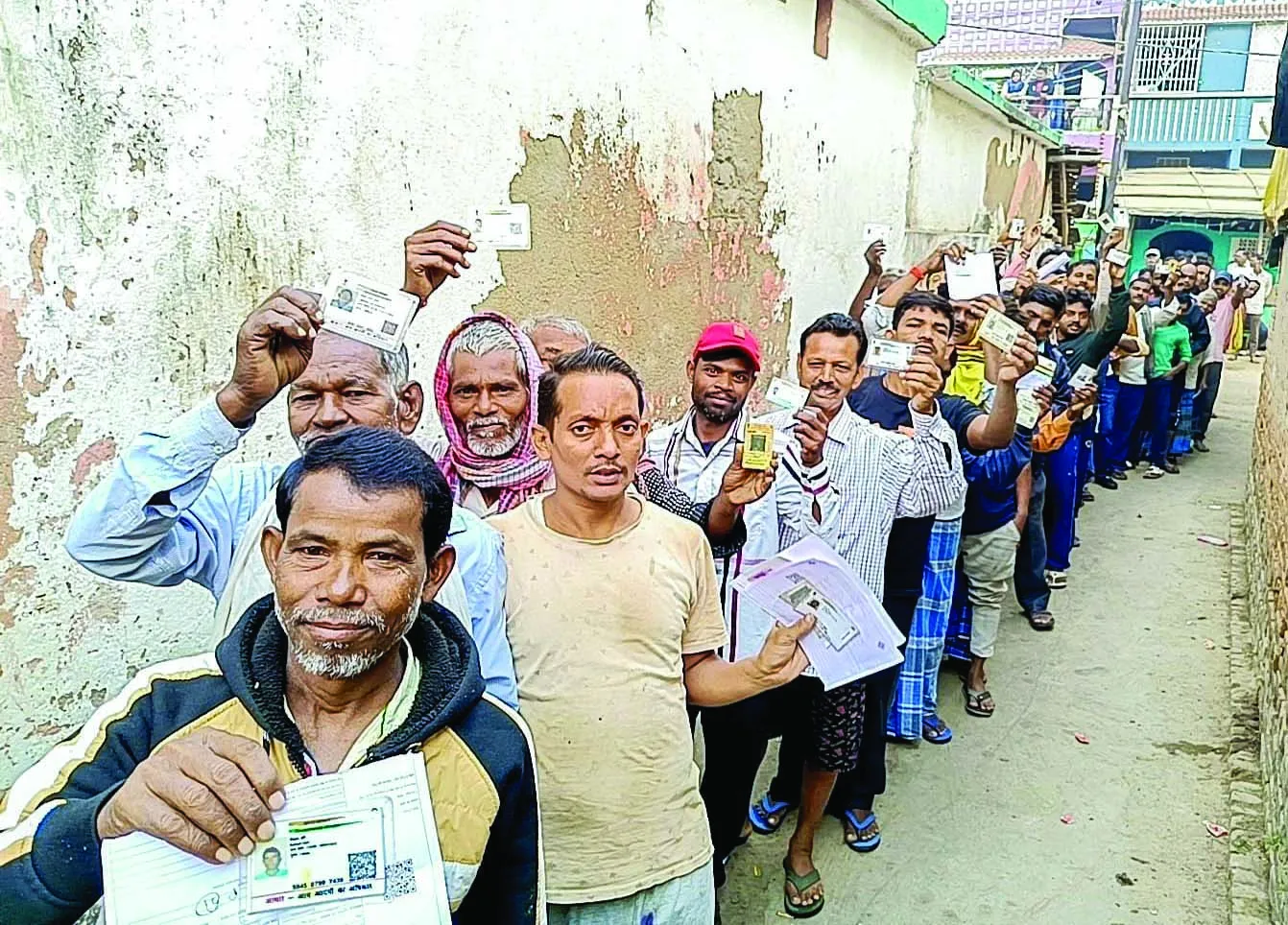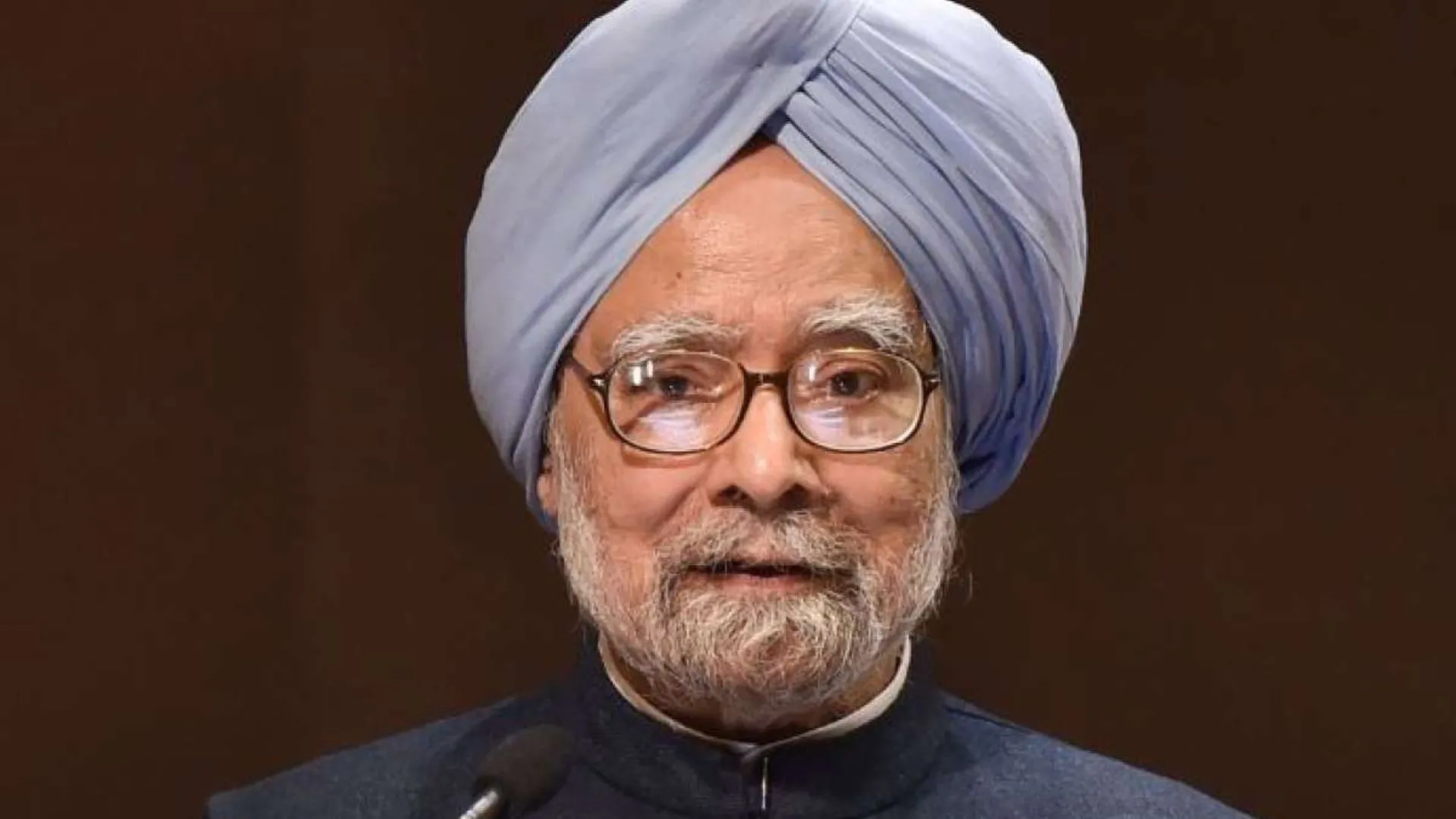Indore was known as an industrial town in the state of Madhya Pradesh but shot into prominence as it was declared as the cleanest city in the country in 2017. It continued to be awarded the cleanest city every year thereafter. What brought about a transformation that has been sustained now for so many years?
It wasn’t very easy to begin with. A number of challenges were faced initially to set up a system in the city:
• Insufficient knowledge and self-motivation of residents, community and operation staff • Weak financial support and management
• Lack of involvement of stakeholders, including the private sector and non-governmental organizations.
• Lack of public participation
• Lack of strengthening of institutions for monitor and enforcement To overcome these challenges, it was decided to transform the city through strategic planning and municipal waste management. Indore Municipal Corporation (IMC) developed capacity to collect, transport and treat 1100 tonnes of waste generated every day.
This was achieved through support from citizens and stakeholders in the following manner: • 100% source segregation of waste in dry and wet waste.
• 100% door-to-door collection
• 100% transportation of waste to processing facility
• 100% treatment of wet by composting • 100% treatment of dry waste in two material recovery facility.
• 100% utilization of all rag pickers in the city in material recovery facility
• 100% recovery of land from old dump by bio-mining process
• 100% vehicles equipped with GPS with geo tagging and real time monitoring through control room
• 100% workers registration with biometric system and wages directly to their accounts. Extensive work to strengthen infrastructure and efficient operation and maintenance of solid waste management waste was carried out.
Information, Education and Communication (IEC) was the key to behaviour change.
The first step therefore was to create awareness amongst the people and the community through pamphlets, loud speakers, rallies, meetings and public participation. Made them aware to segregate wet and dry waste, its benefits and consequences on human health & environment.
Door to door collection and transportation services were designed in such a way that the citizens got the services on all 365 days in a year irrespective of any National Holidays, Festivals and Sundays. Accordingly, a ward wise deployment plan of sanitary workers, drivers and utilization of vehicles was prepared.
For better segregation 3 bins are used in each house. Door to Door collection of waste is being done in all 85 wards of city using partitioned vehicles. There are three separate collection compartments for wet, dry and domestic hazardous waste in each tipper. The wet waste from semi bulk generators generating 25 to 100 kg of waste is collected through the dedicated Bulk Collection System.
The wet waste collected is transported by the tippers to one of the ten transfer stations. At the garbage transfer station (GTS), the tippers unload the wet waste into dedicated compactors which compress and load the wet waste on dedicated hook loaders.
The details of all the incoming waste collection vehicles are logged in the log books at the GTS. Aadhar based Biometric attendance of all the workers is taken every day. All vehicles are monitored by a GPS enabled tracking system. Any route deviation is penalized and multiple deviations are grounds for termination. Sweeping of roads less than 18m wide is done manually by sanitary workers of IMC and wider roads are cleaned by 10 ultra-modern mechanized road sweeping machines. 400 km roads are mechanically swept between 10 pm and 6 am. Gangs of workers are deployed along with to wash the squares, footpath and monuments with pressure jet machines.
10 ultra-modern transfer stations have been developed at strategic locations to transfer the waste from small tippers to big hook loaders. From these transfer stations, wet waste is sent for processing. The segregated MSW is compressed into respective containers. They are then lifted by dedicated hook loader and sent to disposal site.
The bucket for the sanitary waste and domestic hazardous waste is off loaded into dedicated drums and is transported to Common Biomedical Waste Facility (CBWTF) regularly. The IMC took over an existing under-performing Centralized Organic Waste Processing Unit. After the takeover, complete overhauling of the plant, including repair of the machinery, was done. The compost plant is now working to its capacity of 600 MT of wet waste per day.
IMC established decentralized aerobic pit composting units in 414 gardens to treat lawn cuttings, leaves and tree branches. Depending upon the size of garden and quantity of garden waste generated the onsite composting facility for garden waste has been developed. Decentralized processing for wet waste has been developed at vegetable and fruit markets and at Khajrana Ganesh Mandir for converting flower waste into compost through Organic waste converter System. Mobile Composting Vans for onsite treatment of Organic Waste generated from small food joints and restaurants has been deployed on contract basis.
The IMCtook the initiative to produce and utilize Bio CNG produced from processing of Municipal Solid Waste. The project with 20 TPD capacity is in one of the whole sale market of Fruits and Vegetables in Indore. This plant generates Bio CNG for public transport. It generates methane gas which is converted into CNG and utilized. 15 buses in Indore run on the Bio-CNG and consuming nearly 500 kg of gas per day & cover more than 2000 km per day.
On segregating dry and wet waste, around 500 TPD dry waste is generated. To handle and process such large quantity of dry waste, IMC has developed Material Recovery Facility. At this material recovery facility various fractions of dry waste like plastic, rubber, leather, glass, metal, cloth etc. are segregated by registered rag pickers. 1753 rag pickers were identified after extensive survey.
The non-biodegradable waste is segregated by category at the site. The recyclable low-density polyethylene (plastic bags) gets cleaned and sent for recycling at existing plastic briquetting unit, where the plastic briquettes are sold to an irrigation pipe manufacturer. Other smaller-volume recyclables such as paper / carton, glass, metals, HDPE, PPP, and PET are cleaned, sorted, bundled and traded to wholesalers at a cost-plus margin.
A construction and demolition waste processing plants of 100TPD capacity has been developed and 4 transfer points for C&D waste have been developed within the city.
The success of Indore shows that this is doable. It is a lighthouse project for MP and for other similar cities across the country. What is even more remarkable is that the wonderful and exemplary work initiated under the inspired leadership of the then Municipal Commissioner, Manish Singh was carried forward, consolidated and sustained by his extremely competent successor, Asheesh Singh . They have demonstrated that it-can-happen.
Anil Swarup has served as the head of the Project Monitoring Group, which is currently under the Prime Minister’s Office. He has also served as Secretary, Ministry of Coal and Secretary, Ministry of School Education.













